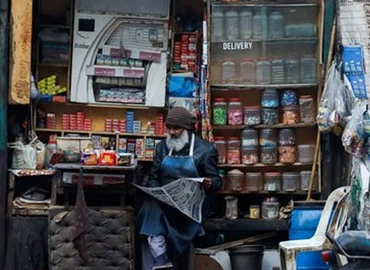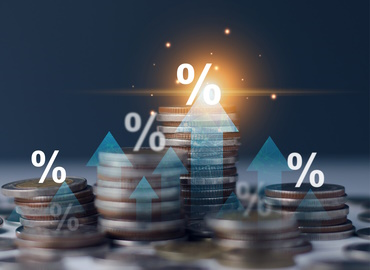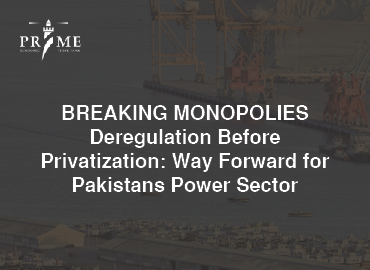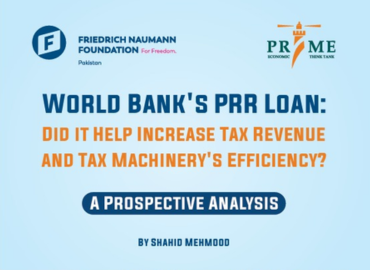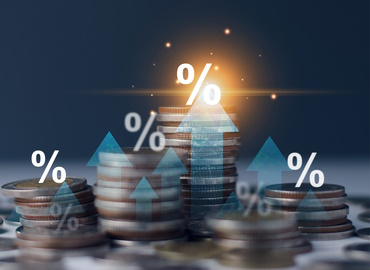Introduction
Policy Research Institute of Market Economy (PRIME) in collaboration with Fraser Institute, Canada is pleased to release the Pakistani edition of Economic Freedom of the World Report 2013. The report presents the status quo of economic habitat before policy makers, entrepreneurs, corporate personnel, academics, journalists, civil right activists, students of economy and all stakeholders of Pakistani society. T he purpose of the report release is to communicate where Pakistan stands in term of economic freedom with respect to the world. In addition, PRIME seeks to invig orate a new policy debate in Pakistan. The resultant public cognizance and evolution of consensus on importance of free trade, protection of life and property, contract enforcement and individual choice of competing through market will drive policy reforms agenda.
Economic policy in itself is not a set of predefined actions, rather an enabling environment where productivity, creativity and innovation thrives through com petition and volunteer exchange at market place. The rule of law guards individuals and ensures security of life and property. Then, the social construct of the society builds upon the principles of personal choice, voluntary exchange coordinated by markets, freedom to enter and compete in markets and protection of persons and their property from aggression by others. This social construct of freedom, besides creating conducive business environment, establishes positive causal relationship with economic growth and prosperity.
Pakistan is relentlessly embattling among multitude of socio economic troubles. T he root cause of all such issues can be dig down to broader policy framework of the country. The prism of Economic Freedom of the World Index disperses the streak of policy environment of Pakistan and underlines areas of improvement in national macro management. The report does not resort to postulations however it does set the universal principles of public policy. The current challenges of govern ment such as growing poverty, dwindling investment and stagnant trade are attrib utable to relatively less economic freedom.
T he meaningful economic reforms are meant to ensure the freedom to compete, volunteer exchange through markets and protection of property rights. Thus, Eco nomic Freedom Index draws the attention of policy makers to set in reforms agenda in a particular direction to achieve social milestones. The crippling power crisis, burgeoning youth unemployment, abject poverty, and rising inflation are the prod ucts of stalled liberalization of markets in Pakistan. Market based interest rate, whole sale power markets, enabling entrepreneurial environment, free movement of goods and services have reasonable explanation to resolve current challenges of the government. PRIME’s commitment to open, free and prosperous Pakistan through im proving legal system, property rights, sound money, and freedom to trade interna tionally and other regulations would be testimony of perseverance to bring successful policy reforms.
PRIME has published this volume as an Associate Member of the Economic Freedom Network and as a co-publisher of Economic Freedom of the World Report 2013 under special arrangement with the Fraser Institute, Canada. PRIME wishes to acknowledge the support provided by Friedrich Naumann Foundation for Free dom (Pakistan) for publishing this work. PRIME also acknowledges the pioneering role played by Alternate Solutions Institute, Pakistan’s first free market economy think tank, in advocating the ideas and policies of economic freedom in Pakistan during the past decade.

